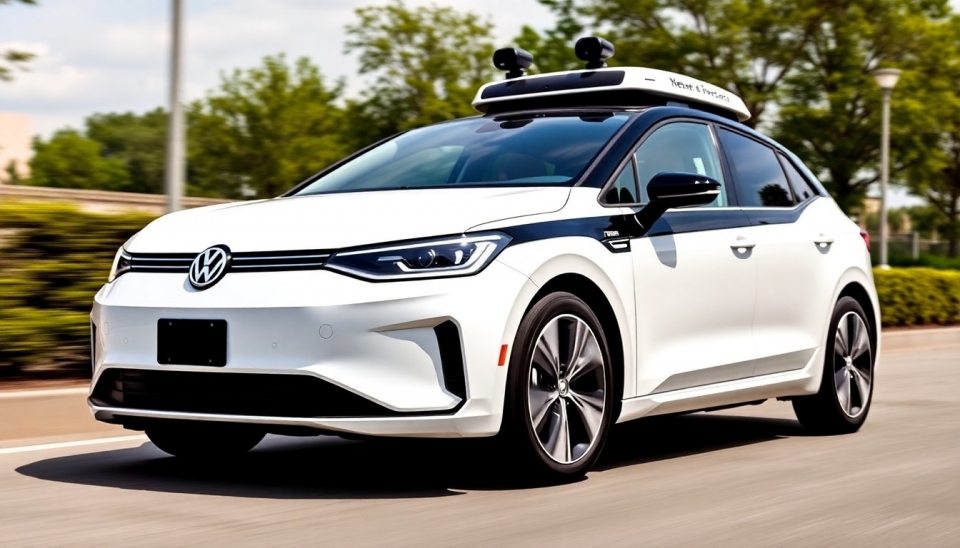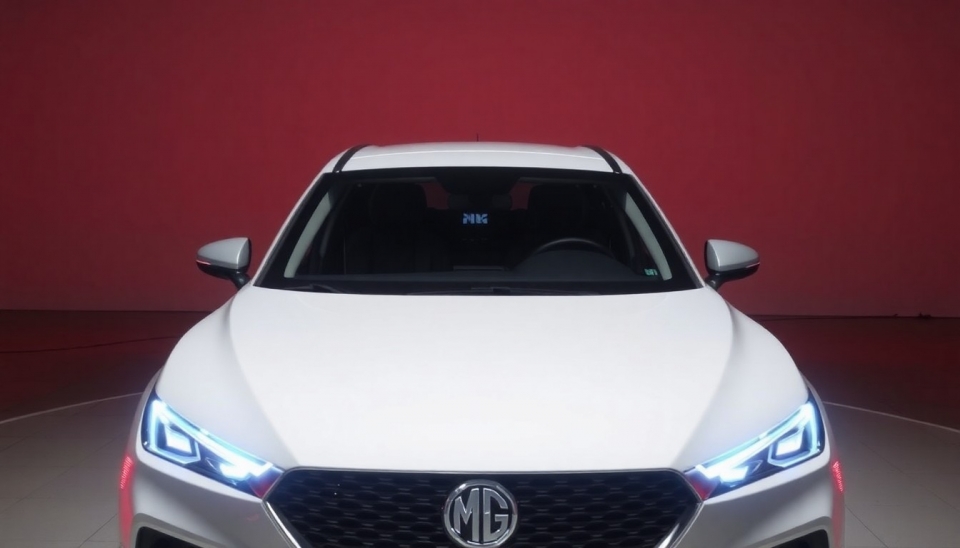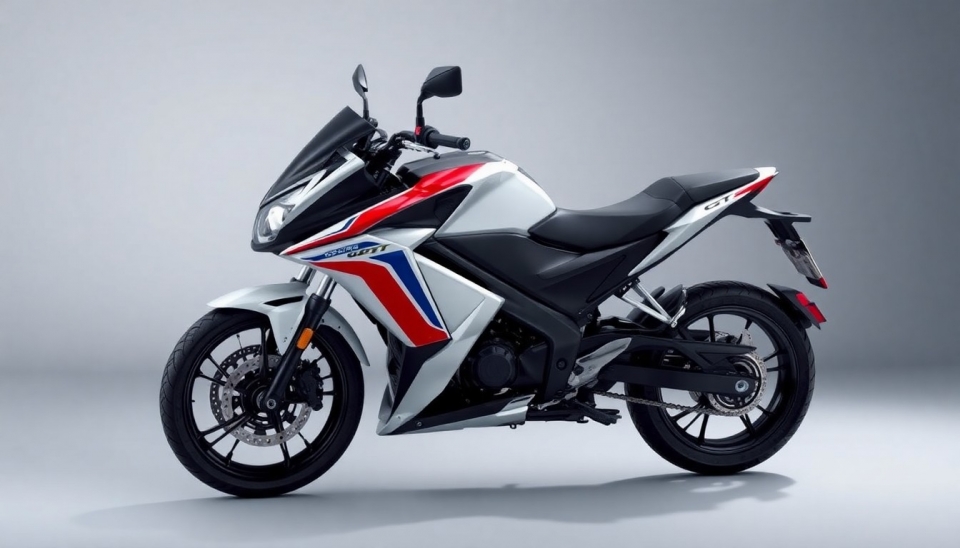Europe Pulls Back from EV Shift as Consumers Snub Pricey Models

Recent research has shown that European consumer interest in electric vehicles is starting to wane amidst high prices and rising living costs. While government initiatives had previously boosted electric vehicle sales, a noticeable decline in demand for expensive models is now observed. Several European countries, including Germany and France, where car prices have sharply increased, are becoming increasingly skeptical about the electrification of their automotive fleets.
Experts note that the high cost of electric vehicles and a lack of affordable alternatives are contributing to declining sales. For instance, in Germany, the number of new electric vehicle registrations fell by 22% in August compared to the same month last year. Additionally, consumers are considering living conditions and financial capabilities, which also affect their choices.
One reason for this drop in demand is the consumer preference for traditional gasoline and diesel vehicles, which remain more accessible and affordable. Many automakers are forced to rethink their strategies to attract attention to the more expensive electric cars, which offer minimal price differences or interesting financing offers.
As a result of declining interest in electric vehicles, many government support and subsidy programs are also at risk. It is expected that additional research will be conducted in the upcoming months to understand how to best adapt strategies aimed at developing sustainable public transport and transitioning to more environmentally friendly models.
Therefore, amidst a general decline in consumer demand for electric vehicles, Europe faces challenges and changes in the automotive market, which could reflect countertrends in ecology, sustainable development, and innovative technologies.
#EuroDecline #ElectricVehicles #AutomotiveMarket #FuelPrices #Ecology




